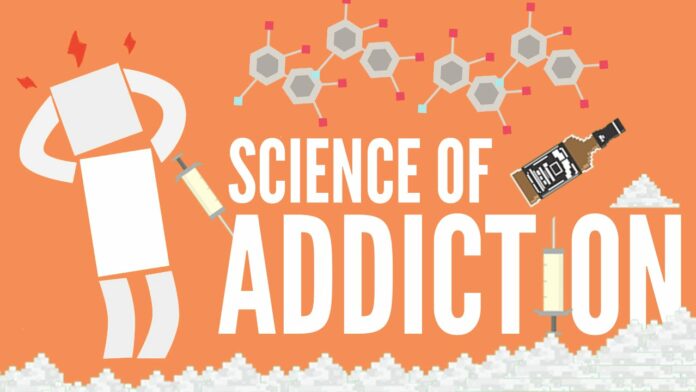Introduction
Welcome to an insightful exploration of the complex world of addiction. Addiction is a pervasive issue that affects individuals from all walks of life. Whether it’s substance abuse, gambling, or even internet addiction, understanding the science behind addiction is crucial for effective prevention and treatment. In this blog post, we delve into the mechanisms of addiction, examining how it affects the brain and exploring strategies to overcome this challenging condition. So, join us as we embark on this journey of knowledge and empowerment.
Understanding Addiction
To begin our exploration, let’s define addiction. Addiction is a chronic, relapsing disorder characterized by compulsive behavior and a loss of control over the substance or activity despite negative consequences. It is important to recognize that addiction is not simply a lack of willpower or moral failing but a complex interplay of genetic, environmental, and psychological factors.
The Brain’s Role in Addiction
The brain plays a central role in addiction. When exposed to addictive substances or behaviors, the brain’s reward system is activated, leading to the release of neurotransmitters such as dopamine, which create feelings of pleasure and reinforce the behavior. Over time, repeated exposure leads to changes in the brain’s structure and function, making the individual more susceptible to addiction and reducing their ability to experience pleasure from other sources.
Risk Factors and Vulnerability
Certain factors can increase an individual’s susceptibility to addiction. Genetics, family history, early life experiences, mental health disorders, and social environment can all contribute to the development of addiction. Understanding these risk factors can help identify individuals who may be more vulnerable, allowing for early intervention and prevention efforts.
Overcoming Addiction: Treatment Approaches
Recovery from addiction is possible with the right treatment approaches. Effective strategies involve a combination of medical, psychological, and social interventions tailored to the individual’s needs. Treatment may include detoxification, counseling, behavioral therapies, support groups, and medication-assisted therapy. It is important to adopt a holistic approach that addresses both the physical and psychological aspects of addiction.
The Importance of Support and Relapse Prevention
Recovering from addiction requires ongoing support and a comprehensive relapse prevention plan. Support from family, friends, and support groups can provide encouragement, understanding, and accountability. Developing healthy coping mechanisms, managing triggers and stressors, and adopting a balanced lifestyle are crucial for long-term recovery. Education and raising awareness about addiction in society also play a significant role in reducing stigma and promoting prevention efforts.
Conclusion
Addiction is a complex and challenging condition, but with knowledge, understanding, and the right support, it can be overcome. By unraveling the science behind addiction, we gain insights into its mechanisms and identify effective strategies for prevention and treatment. Through a combination of evidence-based interventions, personalized support, and a commitment to long-term recovery, individuals can regain control of their lives and find a path to healing. Let us foster a compassionate and informed society that empowers individuals to overcome addiction and leads us towards a healthier and more supportive future.
In conclusion, addiction is not a personal failure but a treatable condition rooted in the intricate workings of the brain and influenced by various factors. By addressing addiction with a comprehensive approach that encompasses prevention, treatment, and support, we can make significant strides in combating this issue and helping individuals reclaim their lives.


